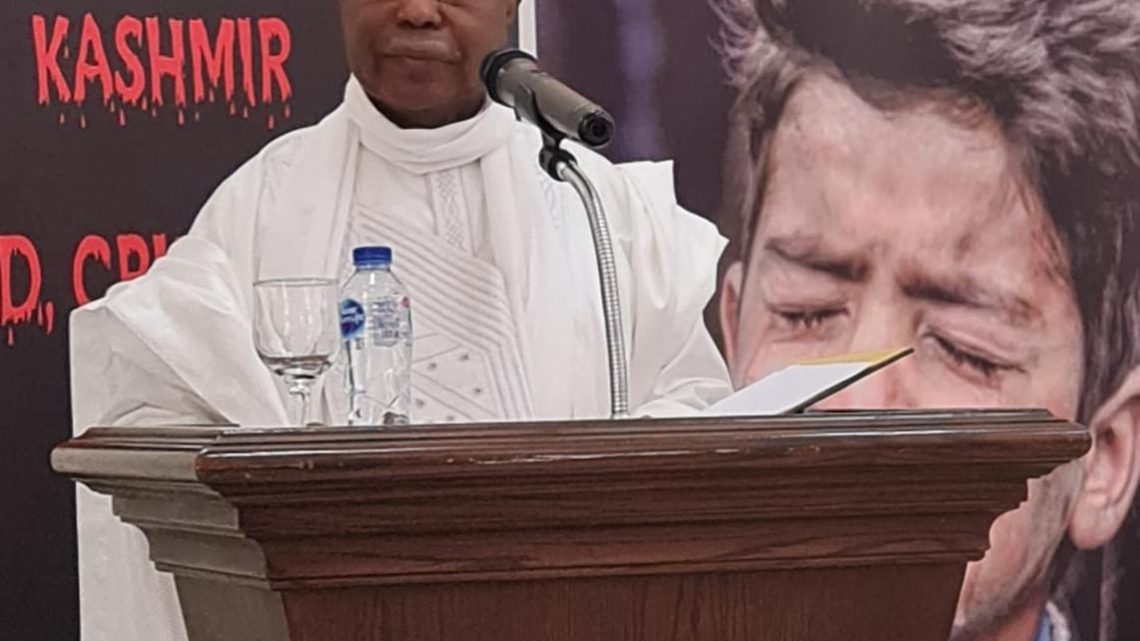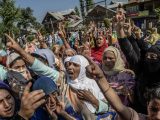
Bogus Elections in IIOJK Do Not Constitute a Grant of Self-Determination: OIC
September 26, 2024The OIC Contact Group on Kashmir has reiterated its backing for the Kashmiri people’s legitimate struggle for self-determination. It strongly rejected Indian claims over Azad Jammu & Kashmir and Gilgit-Baltistan and the sham elections being held in India illegally occupied Jammu and Kashmir (IIOJK).
A joint communiqué highlight that Indian elections in IIOJK do not equate to granting the right to self-determination. Such polls cannot replace the need for genuine democratic processes in the region.
The communiqué after the meeting emphasized that lasting peace and stability in South Asia depend on resolving the Kashmir dispute. This resolution must align with UN Security Council resolutions and reflect the aspirations of the Kashmiri people.
The meeting included ministers and officials from Pakistan, Turkey, Saudi Arabia, Azerbaijan, and Niger. OIC Secretary-General Hissein Brahim Taha presided over the discussions, which took place during the UN General Assembly’s 79th session.
Pakistan’s Defence Minister Khawaja Mohammad Asif represented his country at the Contact Group. He briefed members on the alarming human rights situation in IIOJK.
Turkey’s Deputy Foreign Minister Nuh Yilmaz, Azerbaijan’s Deputy Foreign Minister Elnur Mammadov, Saudi Ambassador Haitham Al-Aalki, and Niger’s Director of International Organizations, Hama Knsaye Souleymane, were also present.
Dr. Ghulam Nabi Fai, Secretary-General of the World Kashmir Awareness Forum, attended as a representative of the Kashmiri people. His presence emphasized the need for an authentic voice from the region in international discussions.
The communiqué called for reversing all unilateral actions taken after August 5, 2019, which included significant changes to Kashmir’s status. It urged an end to widespread human rights abuses in the area.
Participants emphasized the need to halt illegal demographic changes in IIOJK. They also called for allowing unrestricted access to UN observers, international media, and independent groups to the region.
These demands reflect a broader concern for the human rights situation in IIOJK. The international community must address these abuses to foster a conducive environment for peace talks.
The OIC’s unified stance signals that the Kashmir issue is not merely a regional concern but an international one. It calls for accountability and action from global powers regarding the situation.
To conclude, the OIC Contact Group’s reaffirmation of support for Kashmir’s right to self-determination underlines the necessity for a fair resolution. Sustainable peace in South Asia hinges on addressing the legitimate aspirations of the Kashmiri people.

